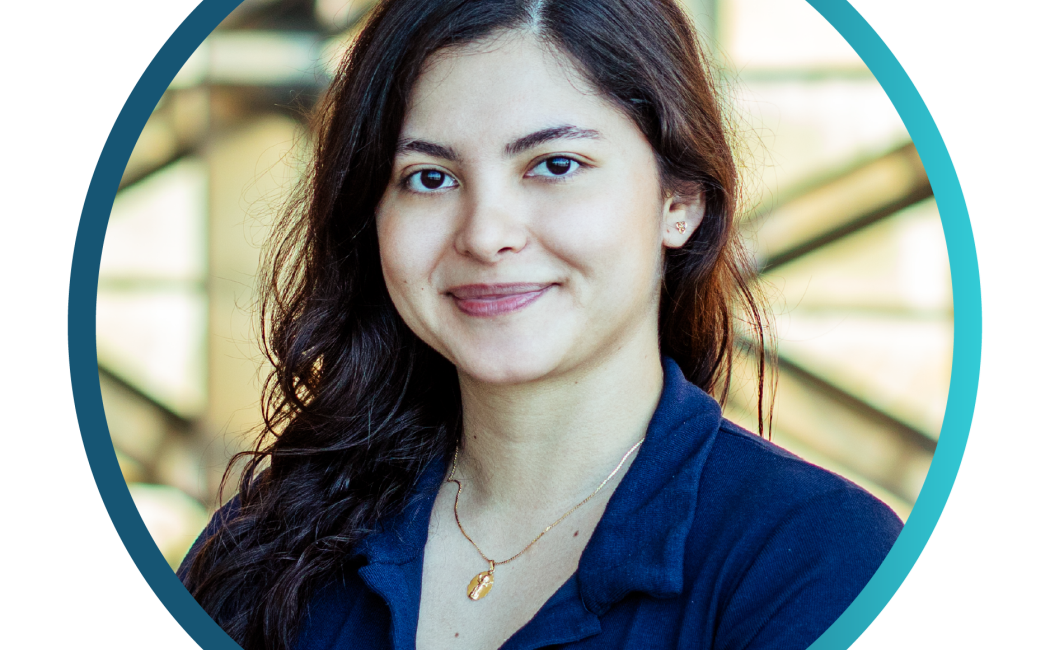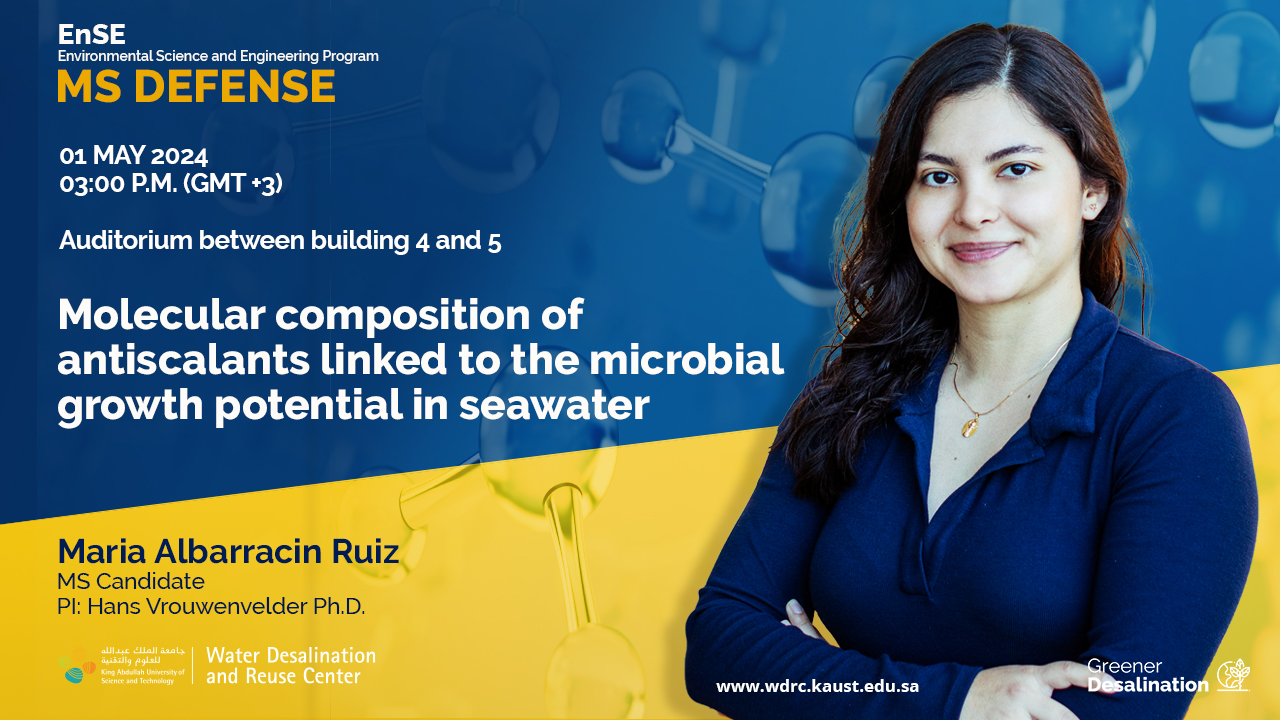



The increasing demand for drinking water has prompted the development of efficient seawater desalination processes, notably reverse osmosis (RO). Antiscalants are suggested as a cost–effective solution to control membrane scaling in RO, despite the potential drawbacks related to bacterial growth due to antiscalants. This study explored the microbial growth potential of 16 commonly used antiscalants in desalination plants. The antiscalants were tested with Red Sea water containing native microbial communities. We employed various analytical methods to characterize the antiscalants chemically and found a correlation between their chemical composition, and biofouling. This approach was then implemented in a large–scale desalination plant, to identify the antiscalant with the lowest bacterial growth potential among five commercial options. Our results revealed that phosphonates–based antiscalants displayed variability in their impact on bacterial growth potential, Diethylentriamine–pentamethylene phosphonic acid (DTPMP) consistently inhibited bacterial growth. However, Hexamethylenediaminetetra (methylene phosphonic) (HDTMP), and Polyamino Polyether Methylene Phosphonic Acid (PAPEMP) consistently promote bacterial growth. Further analysis of HDTMP and PAPEMP revealed a significative peak on the 31P NMR spectra, associated with the presence of phosphates. The measured phosphate concentration was 418 μgPO43–/L for HDTMP and 1038 μgPO43–/L for PAPEMP. This study contributes to a growing database of antiscalants, enabling their appropriate selection.
Maria Camila Albarracin Ruiz, originally from Colombia, obtained her Bachelor's degree in Chemical Engineering from the Universidad Industrial de Santander. Currently, she is pursuing her Master's in Environmental Science and Engineering at KAUST under the supervision of Professor Johannes Vrouwenvelder.